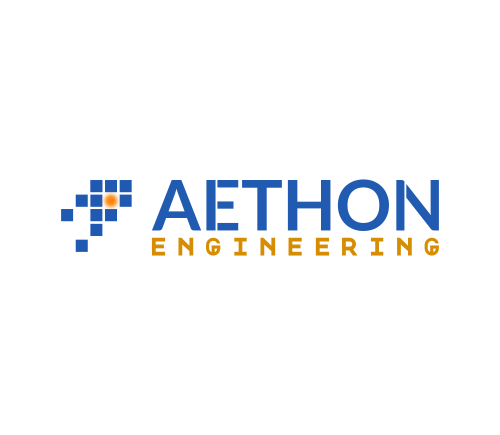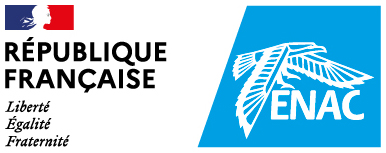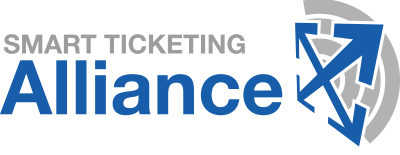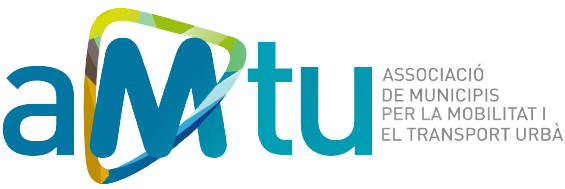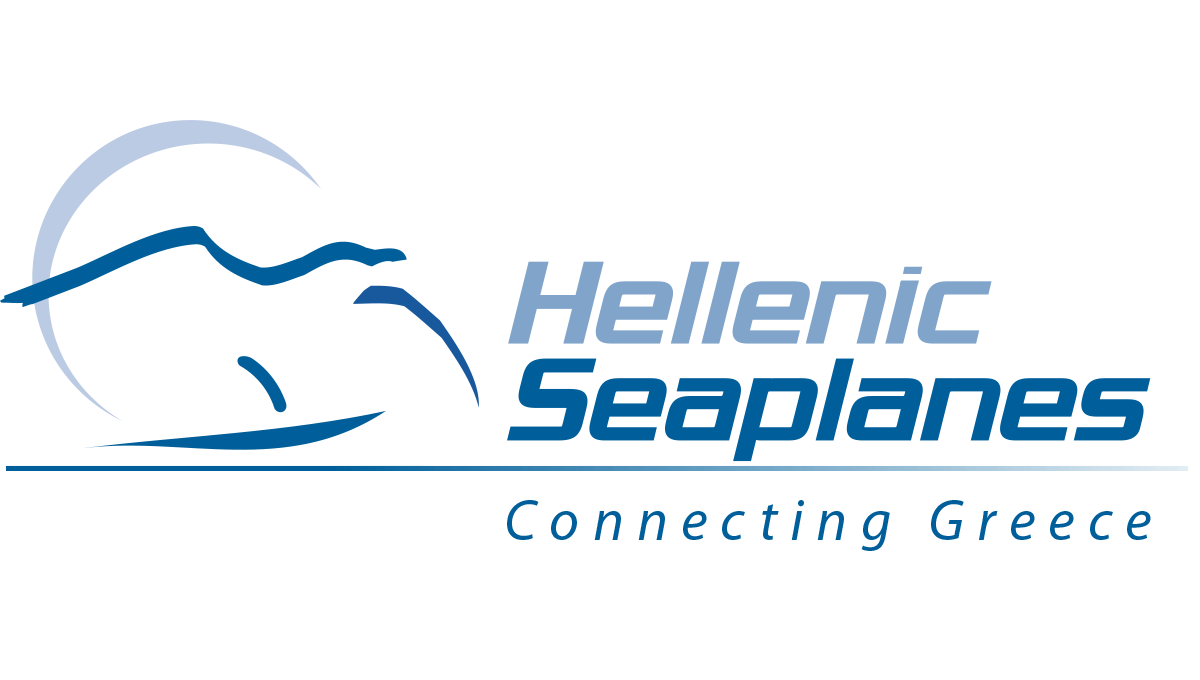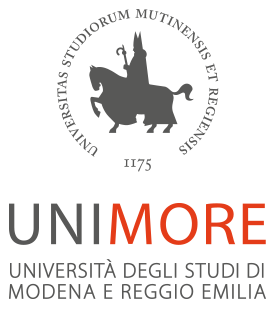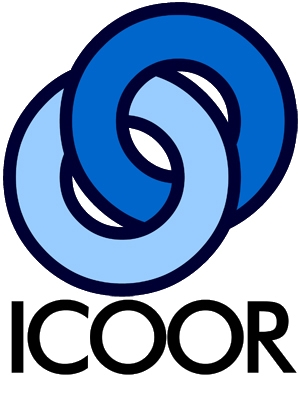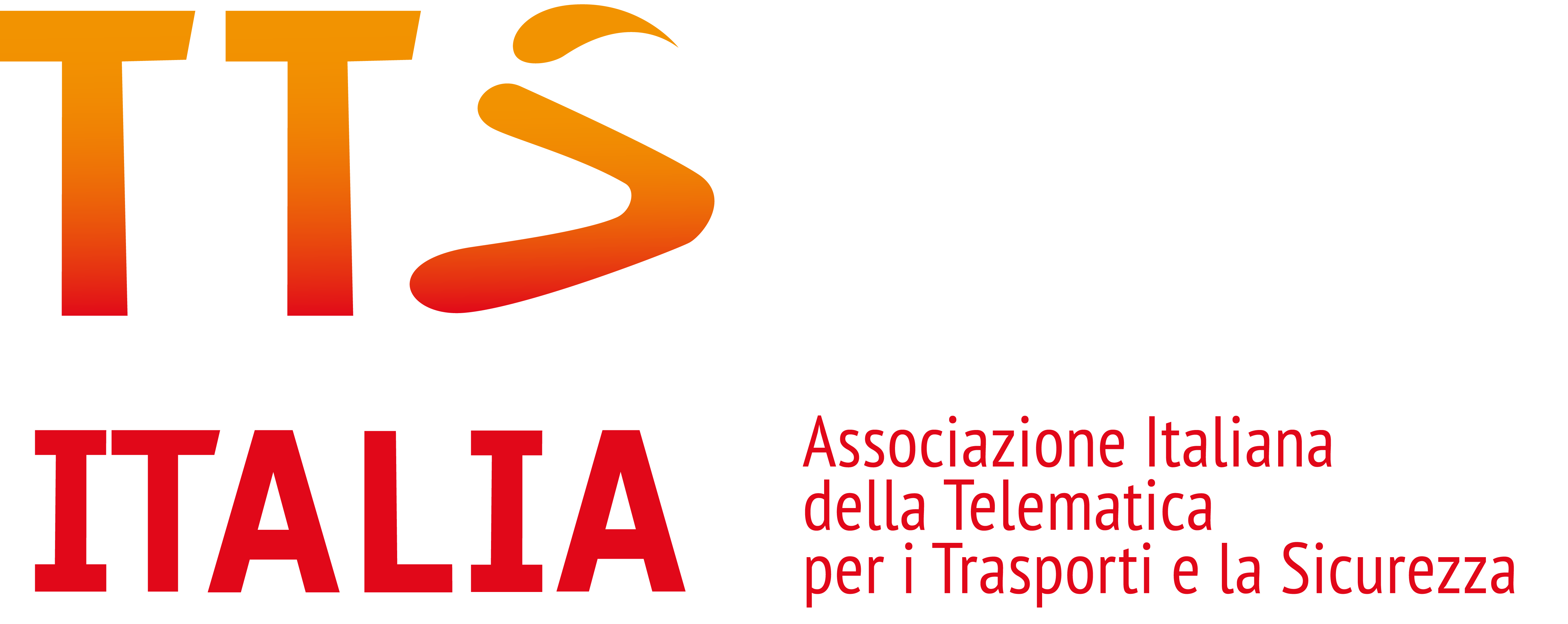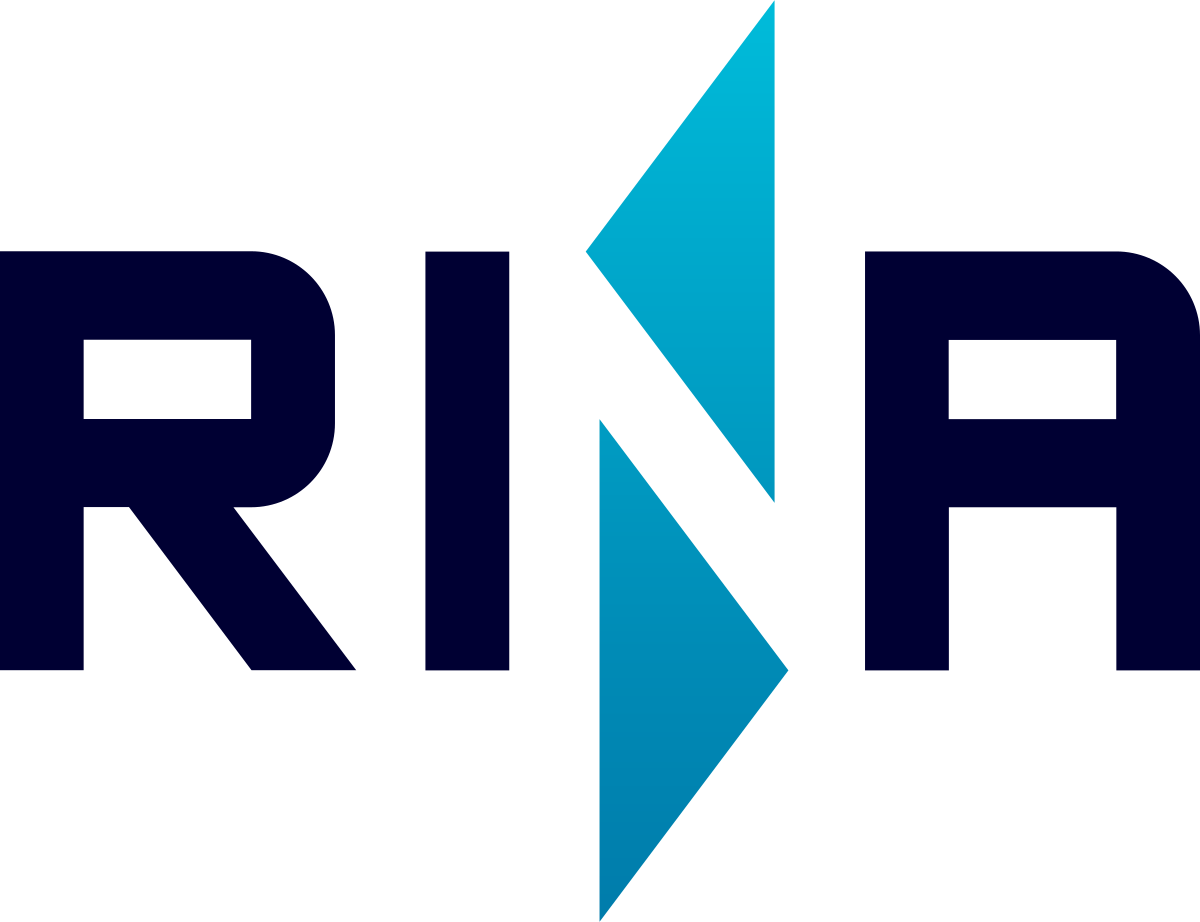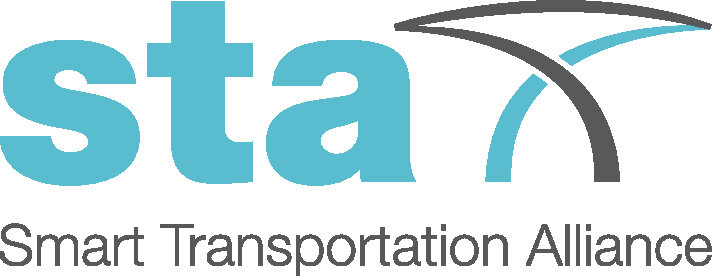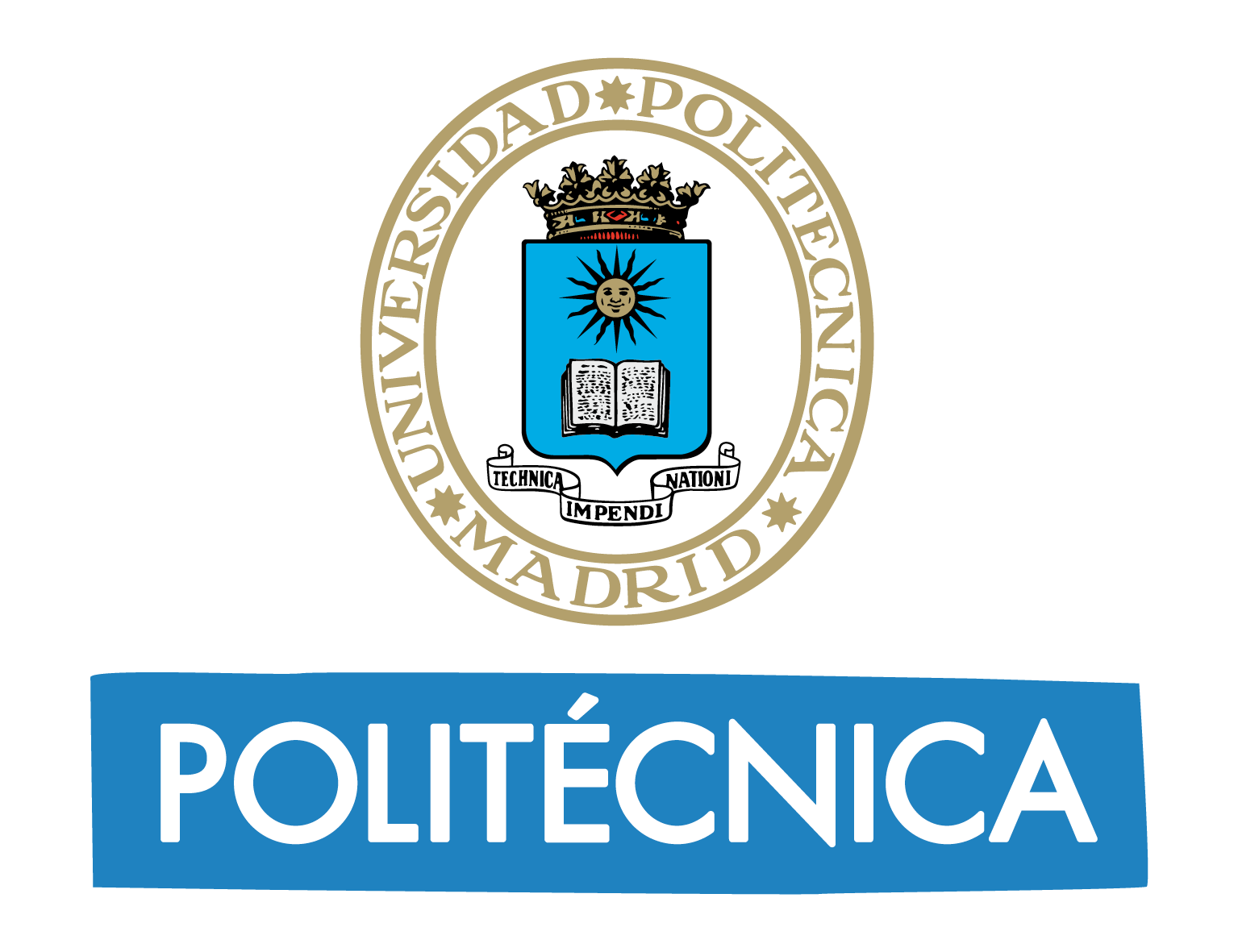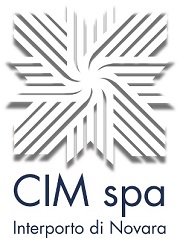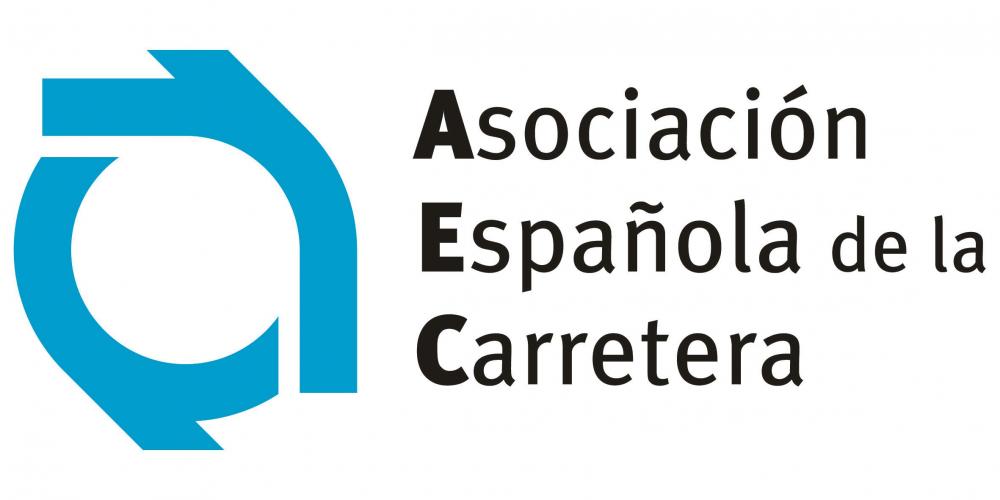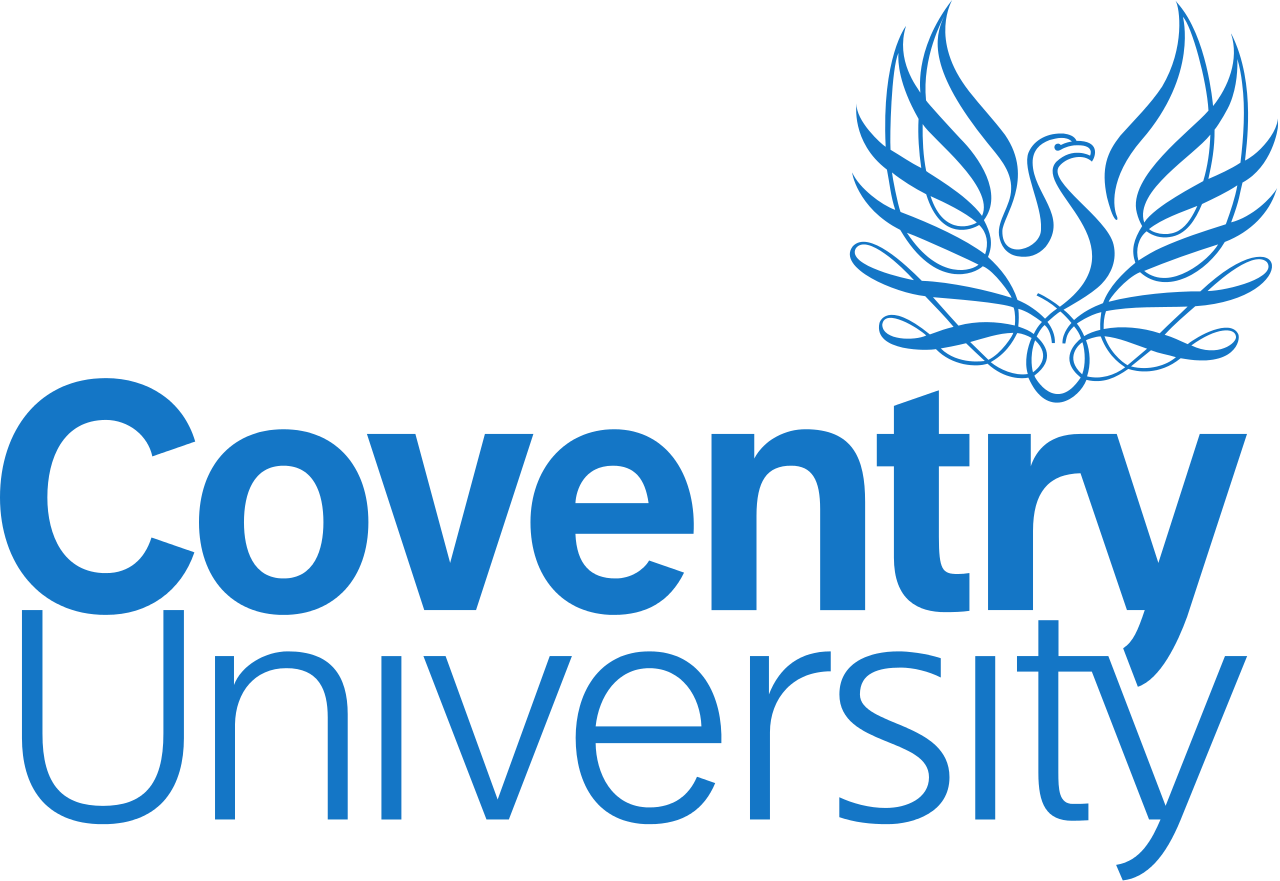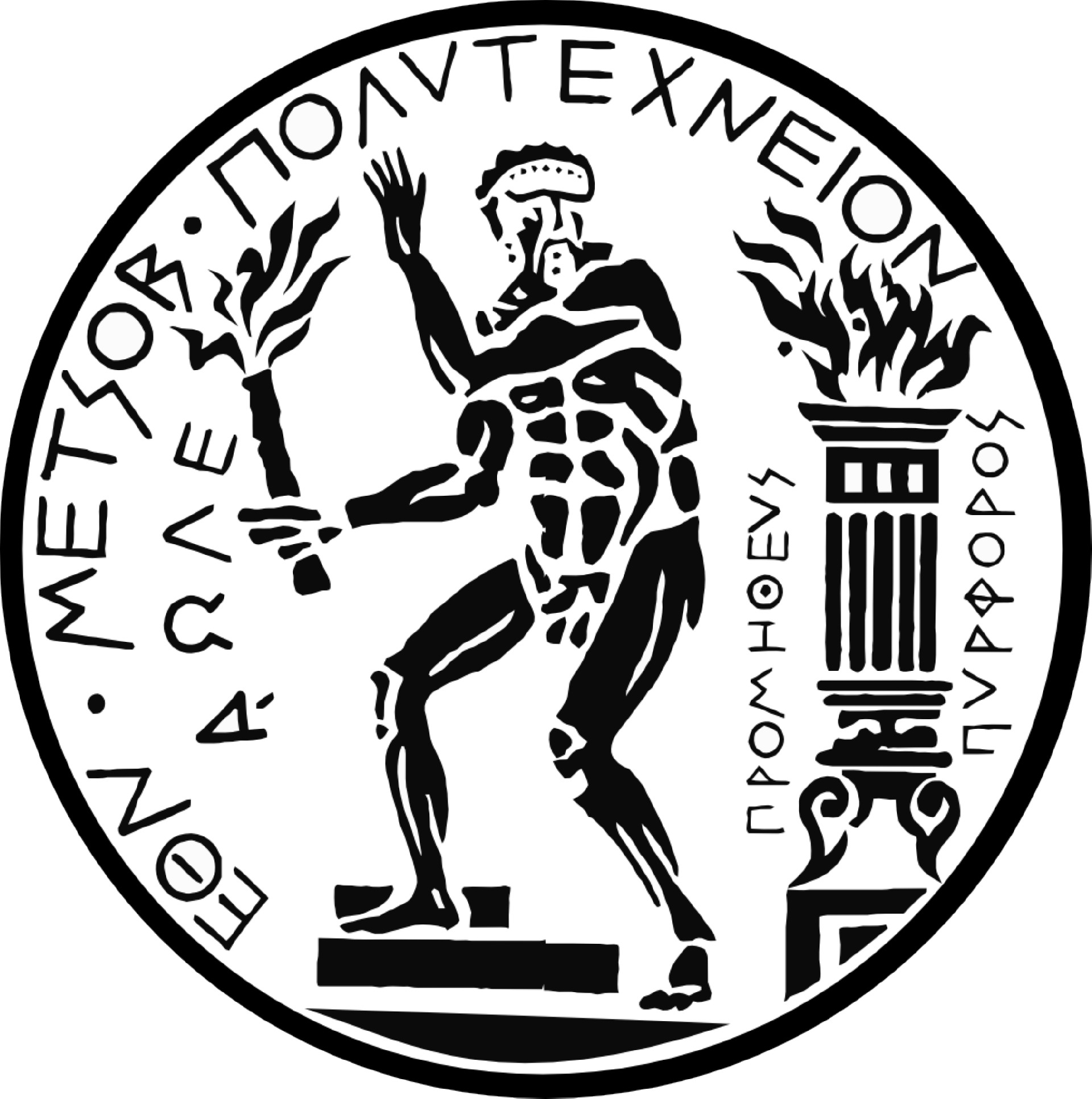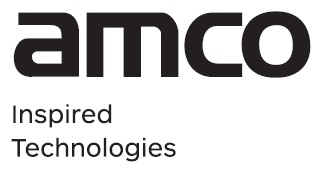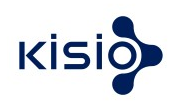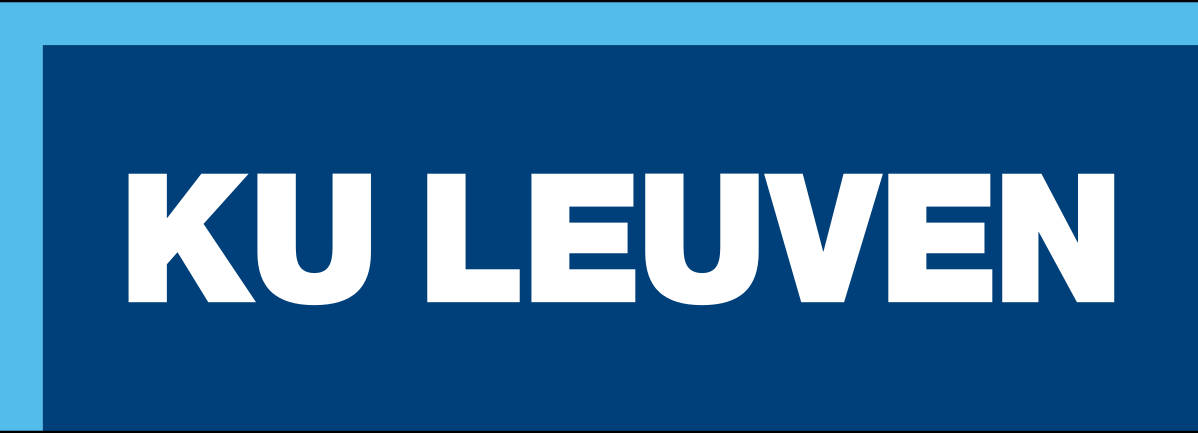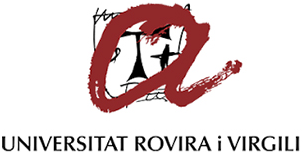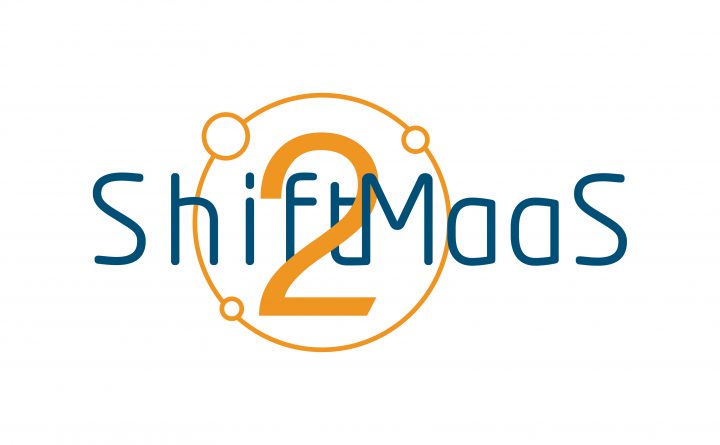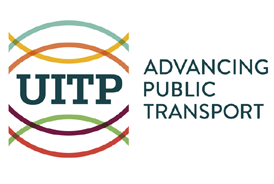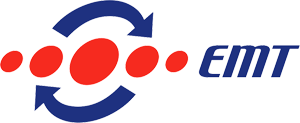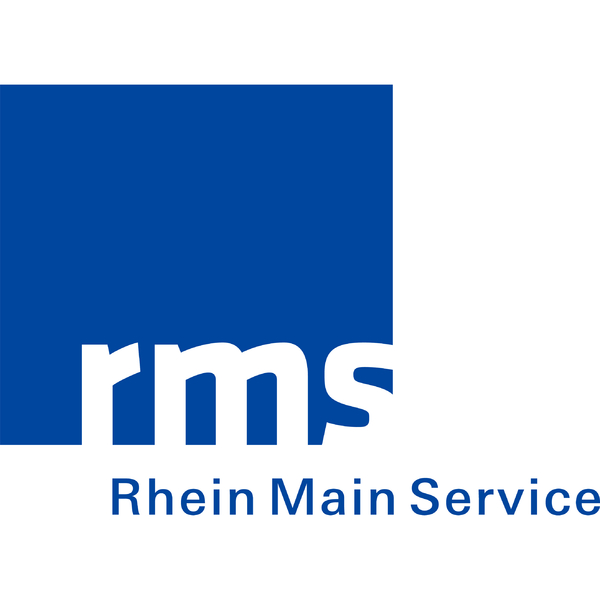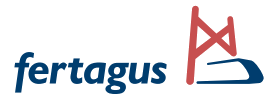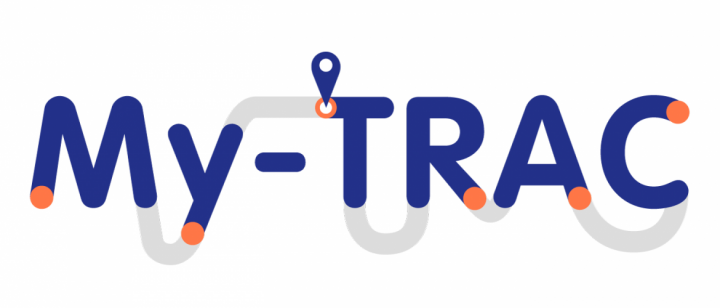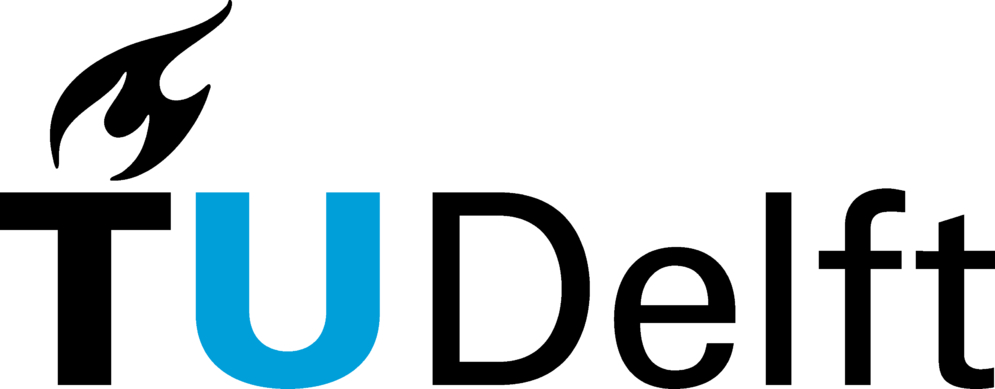SIGN-AIR
Abstract
SIGN-AIR will develop and pilot a new platform for an orchestrated sharing of data in multimodal traveling. The platform will provide the means for Transport Service Providers (TSPs) to register, reach Data Sharing Agreements with other TSPs and manage their contractual relationships. While the SIGN-AIR platform will only manage the contractual aspects through the types of data offered by the TSPs, the TSPs will continue managing their data and that of their customers. As an added value, the SIGN-AIR platform will provide a number of advantages and services to the stakeholders of multimodal travel for the B2B2C chain through the analysis and exploitation of the contracts: (i) templates for contracts to simplify the legal management, (ii) electronic management and information provision about each specific contract, (iii) routing information for Travel Companions (TCs) with enriched information about the specific contracts for their traveler customers, and (iv) facilitation of single ticketing through the comprehensive understanding of the contracts and the data managed, among others. The whole concept will be moved from TRL2, reached by the mother project SYN-AIR, to TRL 7. This will be done with an intensive evolution of the software and a continuous evaluation and piloting of the software with different important stakeholders that are present in the consortium. The development of the software will generate a Minimum Valuable Product in the first 12 months of the project and, in parallel, it will be piloted and improved through continuous development of the technologies in the following 21 months, reaching a TRL7 platform in month 33 of the project. The partnership is formed by knowledgeable teams in the areas of IT, legal and mobility; including airports TSPs and Transport Authorities on the piloting side.
Partners
Role of AETHON
AETHON will have a significant role in the project by designing and implementing a series of functionalities and added value services of the SIGN-AIR platform, main project’s outcome, due to its specialization in software engineering and data analytics. More specifically, AETHON will lead the following tasks:
- 2 ‘Data Standardization and Harmonization aspects’
- 6 ‘Templating mechanism’
- 9 ‘Monitoring Dashboards of TSPs for the contracts’ management’
- 11 ‘Analytics Services’
- 15 ‘Validation and demonstration of SIGN-AIR platform’
Finally, AETHON will lead LOT 3: ‘Post settlement and added value services’.
Project Information
Duration: 1/6/2023 to 31/5/2026 (36 months)
Budget: €6,255,977.50

